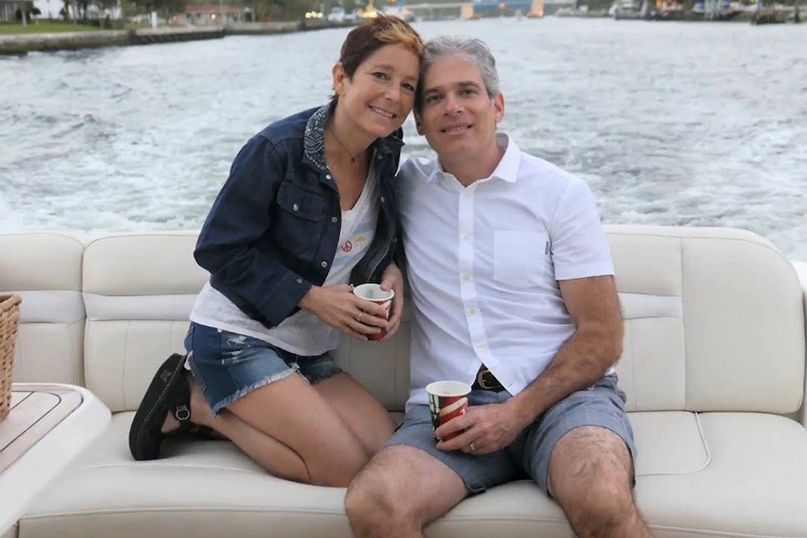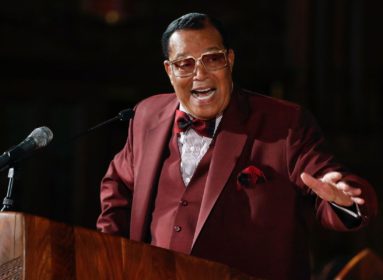
Amy Krouse Rosenthal’s husband pens memoir about moving on
By Cindy Sher
(JUF News via JTA) – When Amy Krouse Rosenthal and Jason B. Rosenthal first got married, they brainstormed long-term marriage goals. Some that made the list: “Get dressed up and go on dates,” “Record our kids’ voices every year” and “Whenever we sign something ‘Amy & Jason,’ we both sign our name.” The Chicago Jewish couple lived by their rules in an almost fairy tale-like marriage for more than two decades.
But in 2015, their marriage took a devastating turn when Amy was diagnosed with ovarian cancer, which claimed her life less than two years later.
Jason, an attorney, started the Amy Krouse Rosenthal Foundation, which supports child literacy and research in early detection of ovarian cancer. He writes about their love story in a new memoir released in April titled My Wife Said You May Want to Marry Me.
In the book, he paints his late wife – a beloved children’s book and memoir writer – as “this beautiful soul … this bighearted, selfless lady, whose legacy color is yellow, the color of happiness, glory, and wisdom.
Even from her deathbed, Amy shared that wisdom with the world. It was just 10 days before her death that she published a New York Times Modern Love essay called You May Want to Marry My Husband, a poignant and creative spin on a personals ad in which she detailed why she fell in love with Jason on their first date. Among his attributes, she wrote, “Jason is compassionate – and he can flip a pancake.”
Before closing the essay, Amy gave Jason what she called “blank space,” the freedom to imagine what his future – and that of their three grown children, Justin, Miles and Paris – would look like after she was gone. Her essay went viral, sparking a powerful national conversation about love and loss.
Three years after her passing and three years after she catapulted her husband into the spotlight, Jason’s memoir picks up where Amy left off. The book, based on Jason’s own 2018 New York Times Father’s Day essay, chronicles their love story and its painful end, the grief process and, ultimately, resiliency.
“I’m telling a story that many people think about but don’t really talk about – what it’s like to be with someone you love at the end of their life – and also about moving on,” Jason said. “Some way, somehow, I found my resiliency. I don’t think I could have without that gift that Amy gave me – that proverbial blank space.”
A devoted father, Jason said he was daunted by how he would fill the void for their children, who lost their mother.
“There was so much fear in my mind of what it was like to be a single parent,” he acknowledges, but feels he has successfully negotiated his expanded parental role.
Whether there’s a mother at home or not, he hopes that other dads will stretch the definition of what is traditionally considered a father’s role.
“Not all emotional intimacy has to fall on mom,” he said. “We’re an important part of that as well.”
Jason and the kids are navigating the delicate balance between keeping Amy’s memory alive and forging ahead with their lives. But as she outlined in her final essay, he knows that Amy wanted Jason to move on and even to find love again.
“Amy provided me a very public platform and a blessing and desire to move forward,” he said. “I don’t think people talk about that so much, and I want to give other people the permission that Amy gave me.
“Whatever your timetable is, it’s OK. Grief doesn’t have a timetable – for some it takes forever and for others it happens right away. I don’t think anyone should be judged for having the desire to move forward.”
Main Photo: Amy Krouse Rosenthal and Jason B. Rosenthal on a trip to Florida in 2017. (Courtesy of Jason Rosenthal)







 Southern New England Jewish Ledger
Southern New England Jewish Ledger














